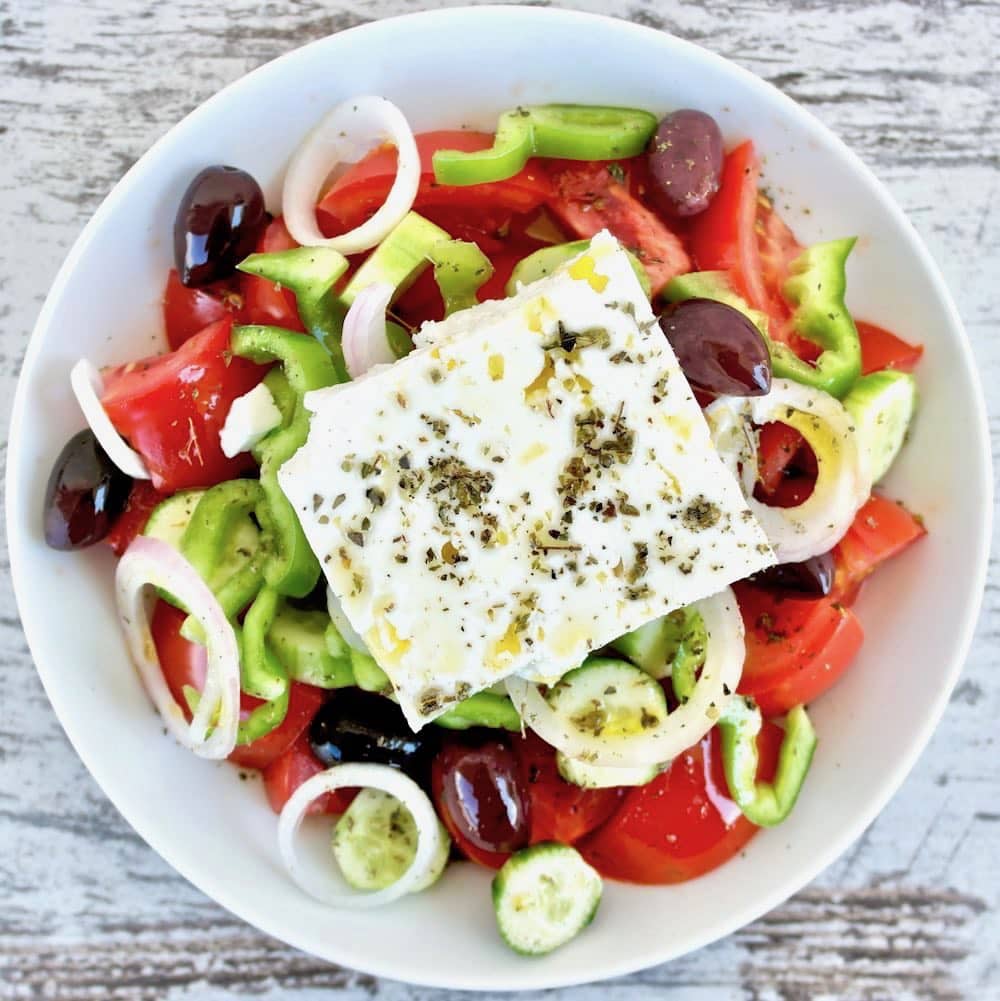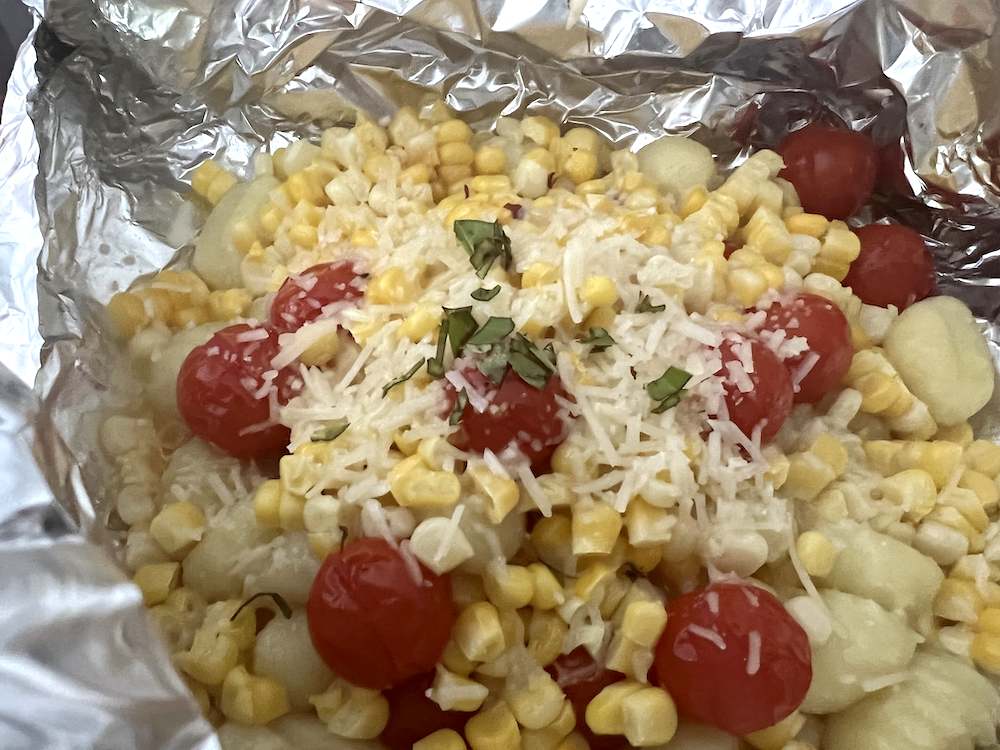
Chilled Gazpacho: A Refreshing Summer Rescue
Chilled Gazpacho: A Refreshing Summer Rescue When sweltering days render the kitchen’s heat unbearable, enter gazpacho—the ultimate summer salvation. This revitalizing soup shines brightest in late summer, when succulent, ripe tomatoes take center stage. Ready to embrace a delectably cool respite? Delve into the world of this no-cook delight, and uncover the secrets behind its

The Quintessential Key Lime Pie: A Summer Delight
In our culinary repertoire, the timeless Key lime pie reigns supreme as the ultimate summer dessert. With its distinct citrus essence, airy whipped cream, and buttery graham cracker crust, this pie offers the perfect balance of tangy and sweet, making it dangerously easy to indulge in slice after delightful slice. This no-bake confection not only

Best Classic Cheesecake
Discover the world of cheesecake—the dessert that combines timeless charm with undeserved intimidation. Cheesecake embodies the amazing and the classic, yet it often carries an unfair reputation for being an intricate creation. But fear not, as we’re here to unveil the secrets, tips, and techniques that will transform you into a cheesecake virtuoso. Get ready

Classic Greek Salad
When you’re seeking simplicity, refreshment, and a reliable option, it’s hard to come across a dish as satisfying as the classic Greek salad. Bursting with fresh vegetables, tangy feta, and a straightforward dressing crafted from ingredients you likely already have in your refrigerator, this vibrant salad will become your go-to choice throughout spring and summer.

Fried rice
Fried rice embodies the ultimate art of transforming leftovers. We’re well aware of the affection people hold for their go-to fried rice types (yes, shrimp fried rice enthusiasts, we’re looking at you). This recipe, a true classic, serves as a canvas for personalization, allowing you to tailor it to your heart’s content. Not only does

Corn & Tomato Gnocchi Foil Packs
Why is our affinity for gnocchi in foil packets so strong? Because it provides a hassle-free method to create a full pasta dish on the grill—from inception to completion—without the need for boiling water, resulting in minimal post-meal cleanup. This meal is expertly constructed in individual-serving-sized foil packets within minutes, then seamlessly grilled with little

Taco soup
When your taste buds yearn for the comfort of tacos but crave something heartier and cozier, look no further than taco soup. This recipe offers a warm and filling experience, packed with incredible flavors and ready in a flash (we’re talking just 30 minutes!). With ground beef, pinto beans, and an array of Mexican-inspired favorites,

Vanilla Cake
Amid the realm of baked delights, we celebrate the radiant yellow cake slathered in velvety chocolate buttercream frosting and the timeless, yolk-free white cake. Yet, nestled between these classics lies a hidden gem—a cake adorned with delicate vanilla bean specks. Baking intertwines both science and artistry, and once the fundamentals are mastered, the culinary possibilities

Chicken Chasseur
1 tbsp. olive oil2 boneless, skinless chicken breasts1 tsp. salt½ tsp. fresh-ground black pepper1 tbsp. butter1 onion, chopped1 carton pre-sliced mushrooms1 tsp. garlic powder1 ½ tsp. flour6 tbsp. dry vermouth or dry white wine⅔ C canned low-sodium chicken broth1 C canned crushed tomatoes½ tsp. dried thyme2 tbsp. evaporated milk or half-and-half In a large, deep

Best Pumpkin Pie
The Reigning Glory of Fall Desserts: Perfect Pumpkin Pie When autumn arrives, there’s one pumpkin dessert that consistently claims the spotlight: pumpkin pie. While this timeless treat is a staple, mastering it can be a challenge. Fear not, as our extensively tested recipe has all the components down pat—from the flaky, buttery crust to the
- 1
- 2



